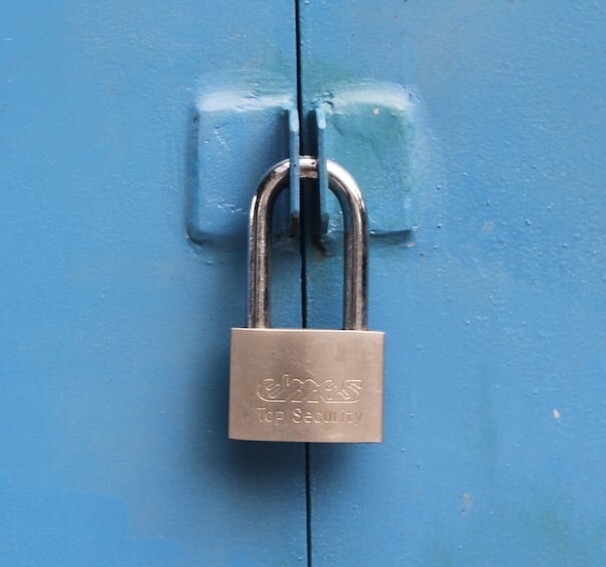view the rest of the comments
Android
DROID DOES
Welcome to the Android community on Lemmy. Here you can participate in amazing discussions and events relating to all things Android.
The rules for posting and commenting, besides the rules defined here for lemmy.world, are as follows:
Rules
1. All posts must be relevant to Android devices/operating system.
2. Posts cannot be illegal or NSFW material.
3. No spam, self promotion, or upvote farming. Sources engaging in these behavior will be added to the Blacklist.
4. Non-whitelisted bots will be banned.
5. Engage respectfully: Harassment, flamebaiting, bad faith engagement, or agenda posting will result in your posts being removed. Excessive violations will result in temporary or permanent ban, depending on severity.
6. Memes are not allowed to be posts, but are allowed in the comments.
7. Posts from clickbait sources are heavily discouraged. Please de-clickbait titles if it needs to be submitted.
8. Submission statements of any length composed of your own thoughts inside the post text field are mandatory for any microblog posts, and are optional but recommended for article/image/video posts.
Community Resources:

Strongly disagree. I don't trust anyone with my passwords, especially since they are all vulnerable. LastPass was just recently hacked and it could happen to any of the other services as well. It may sound insane, but internalizing your passwords is going to always be the most secure. I came up with a simple algorithm I use to help remember my passwords, all sites are associated with a 6 letter shortcode, and I have a way to convert that into a secure password that is 12 characters of mostly random alphanumerics and symbols. Sure, it's not something that everyone would want to do, but your sentiment of "not whether or not, but which one" is not correct for everyone.
From my understanding, none of the last pass master passwords or saved passwords were identified or taken though - they still kept the passwords secure despite hackers accessing files...
You could use Himitsu and sync your passwords across devices with Syncthing, instead of encouraging people to confuse security with pedantry. Cybersecurity measures should be as transparent as possible, and nowadays cumbersome solutions also tend to be insecure. See, for example, pass(1): totally not secure, and also cumbersome to use. Compare that with SSH, developed by the OpenBSD project: it just works, especially by delegating complexity, i.e. by letting users and admins set up another secure channel, via HTTPS, to drop the SSH key.
The OpenBSD project has also developed doas, signify, libtls, scp, which are all no-brainers. Mastering doas is literally one blog post away.
Let's agree to disagree. It's true that these companies are vulnerable and lovely honeypots for hackers. And because they know that, they'll try to harden as much as possible. Besides, not everyone is willing to create passwords out of algorithms seeded with mnemonics. Most of the people will reuse the same password over and over in different places. And that's the worst situation, because most of those sites are hundreds of times more hackable than commercial password managers.
Are there better options than commercial password managers? Yes, of course. How many are willing to use them? Maybe less than 30% of the population. And that's bad, because it makes the internet less safe for everyone.
And by the way, the method you use is one of the earliest ways to create passwords and is hackable by brute force in seconds. If I have two or more passwords, or two or more seeds, the algorithm is done unless you have some random generator in it.
Did you read my comment? I acknowledged that it is not something everyone will want to do. And you're wrong, brute force methods won't be able to break a 12 character password that's random alphanumerics and symbols in any sort of timely manner. The only way they could retrieve the underlying algorithm is by successfully breaking multiple passwords and then cross referencing them to determine the code, which is extremely unlikely. By the time the brute force method found a solution, I would have changed the password already, as they all rotate monthly.